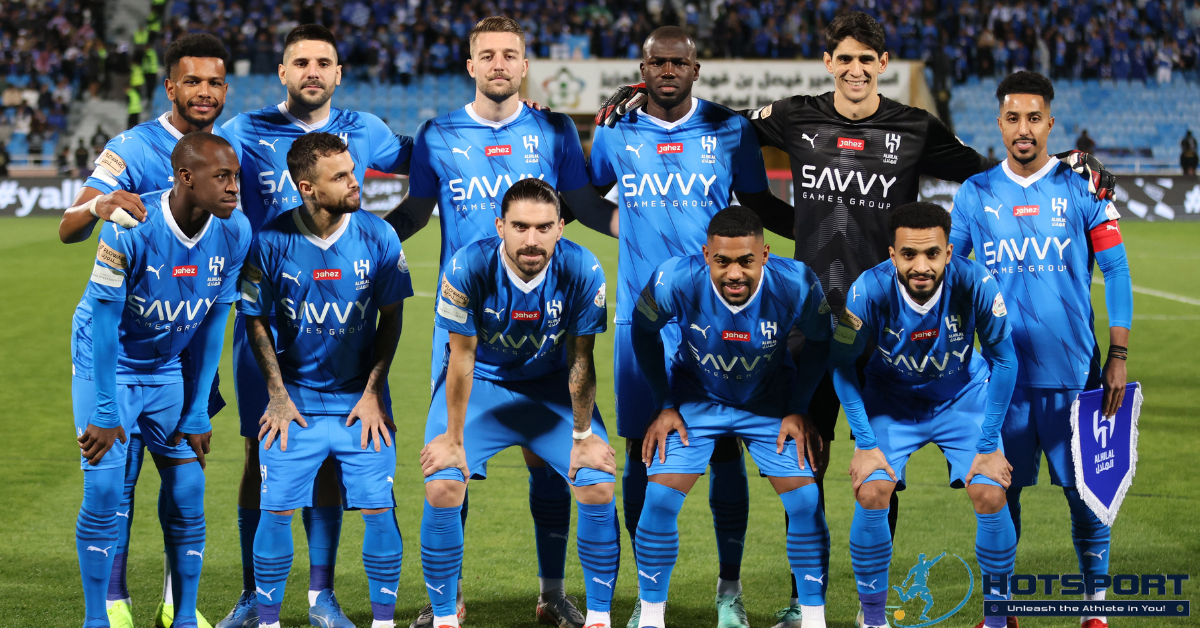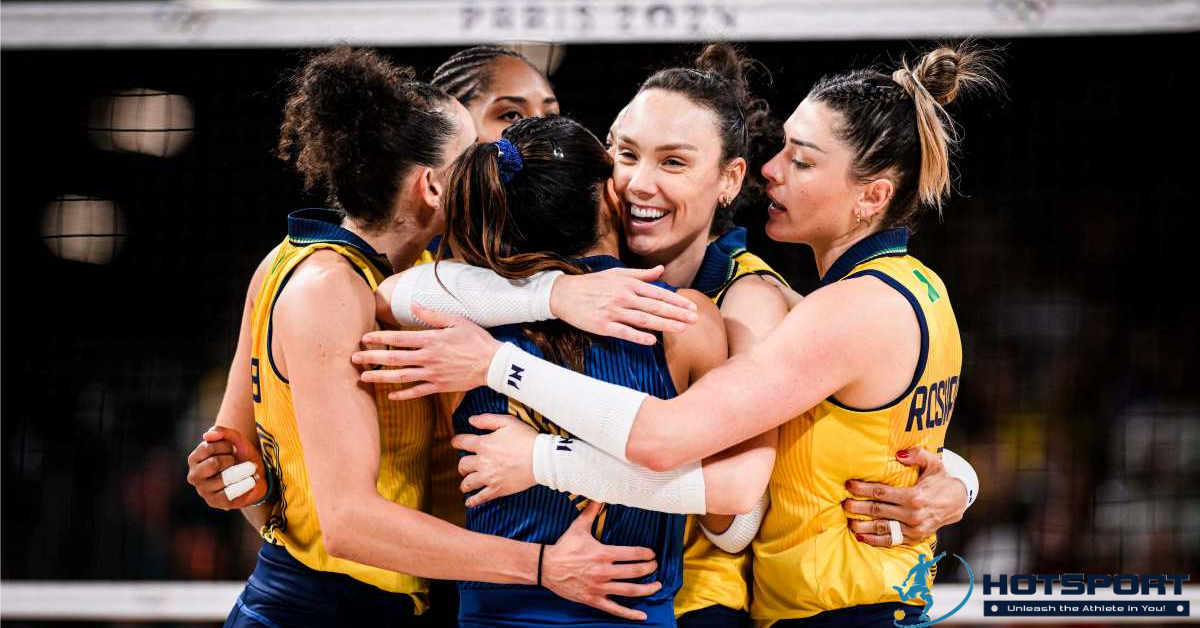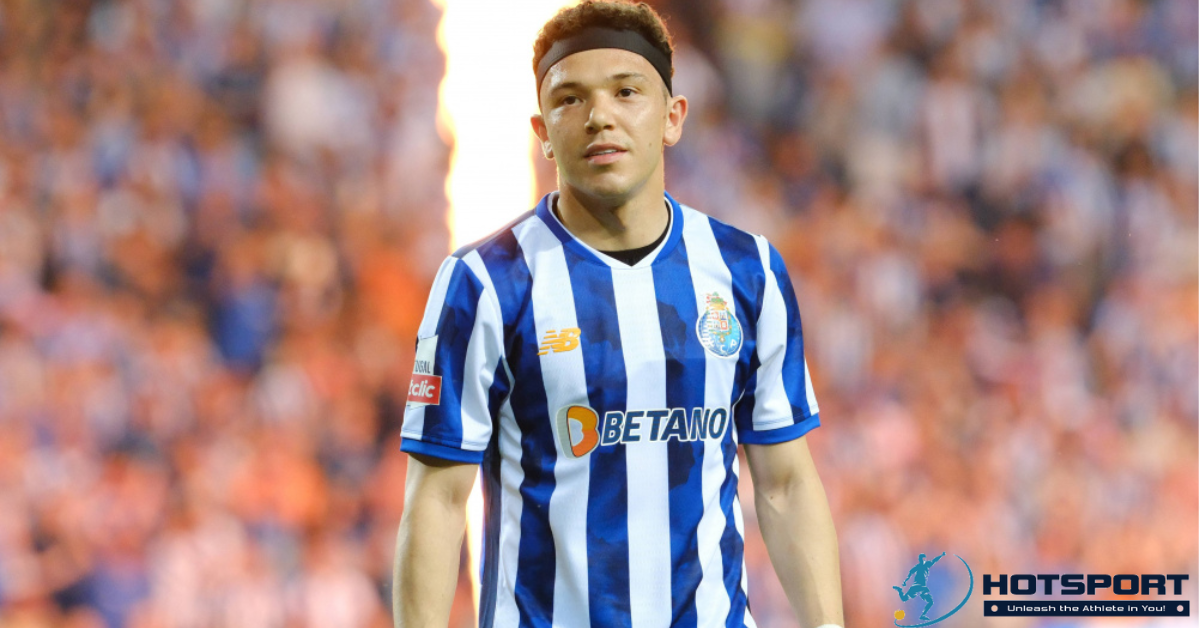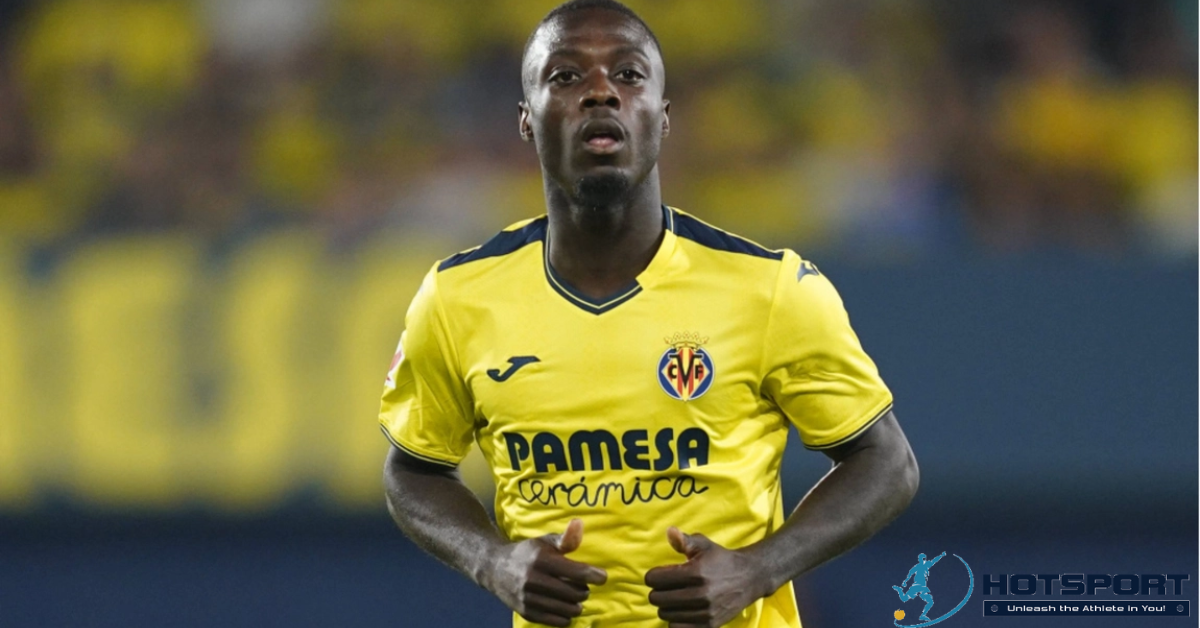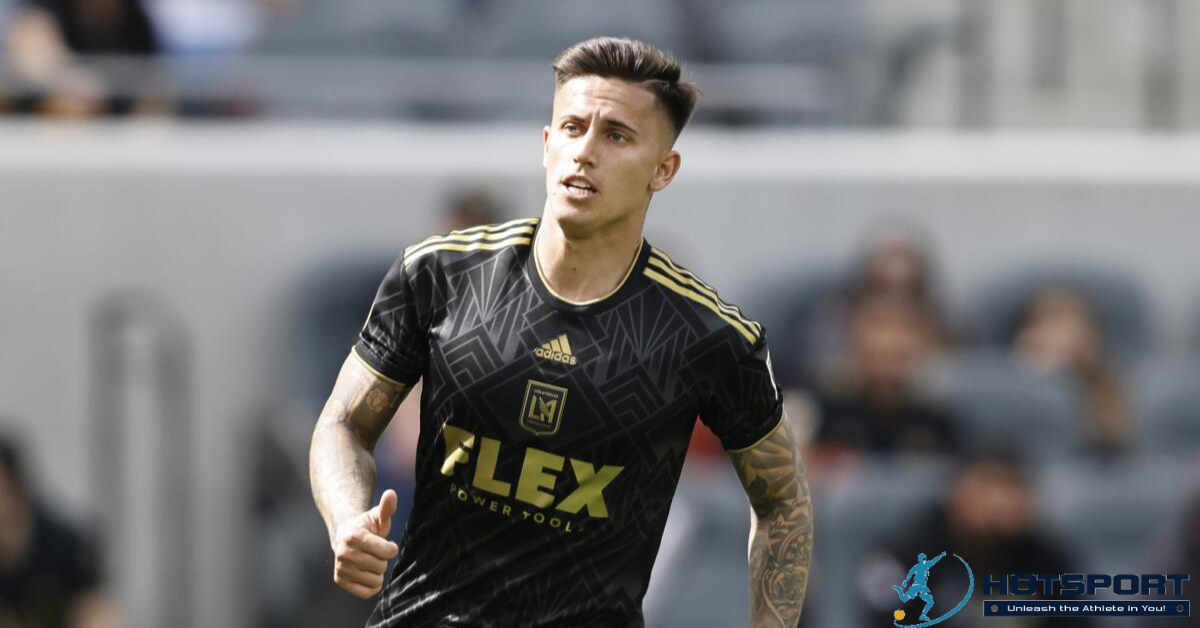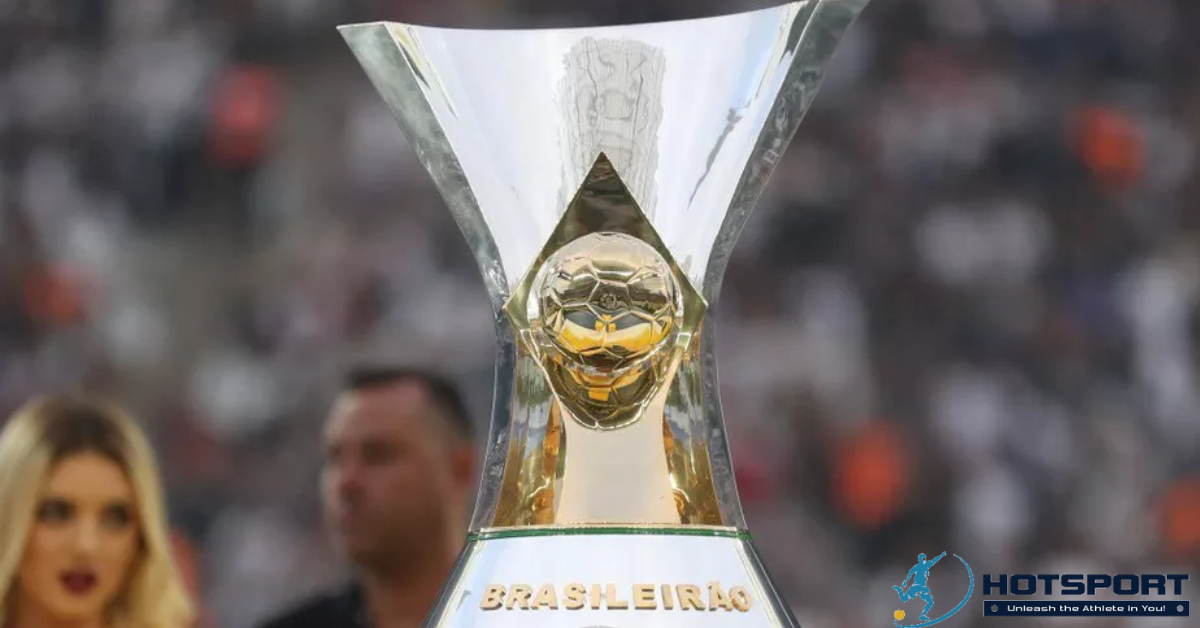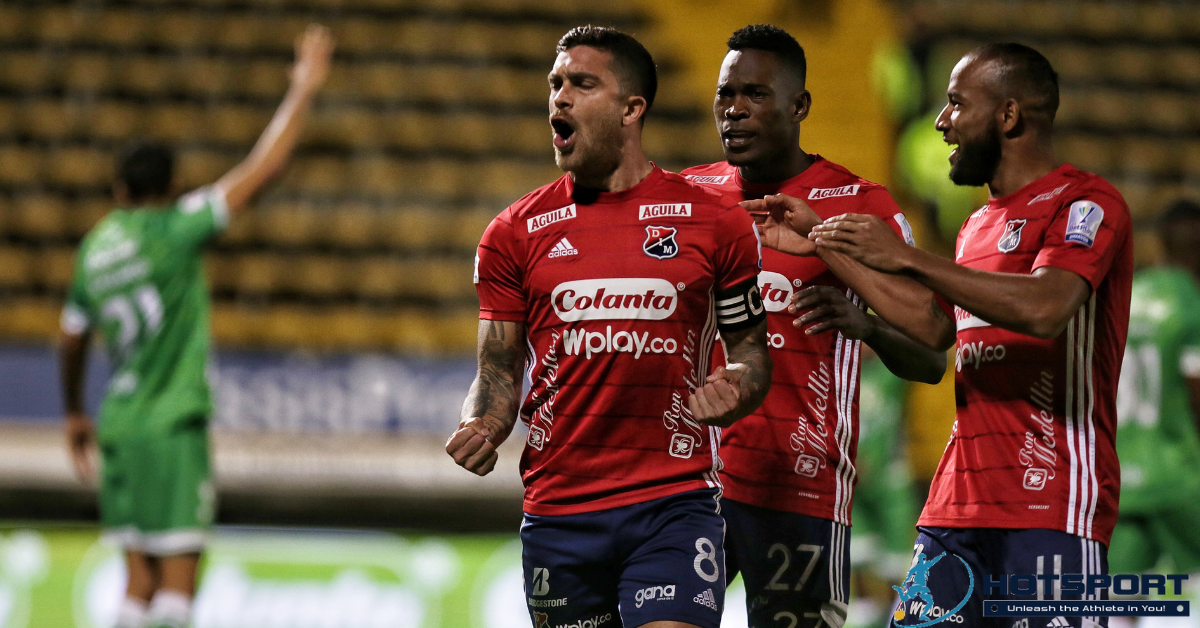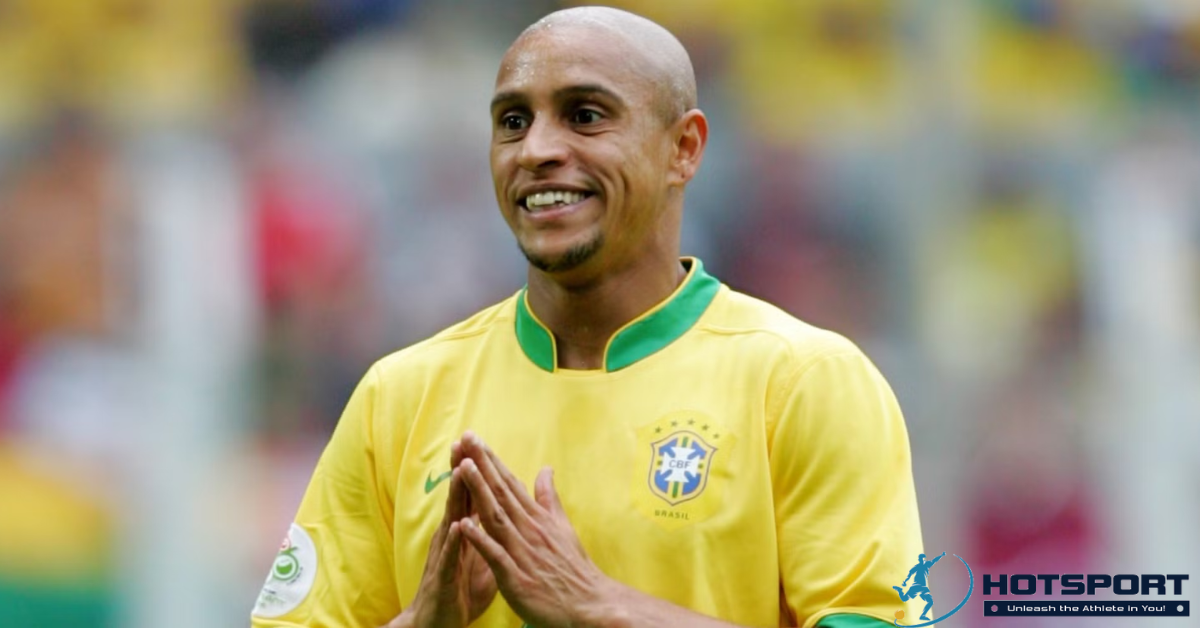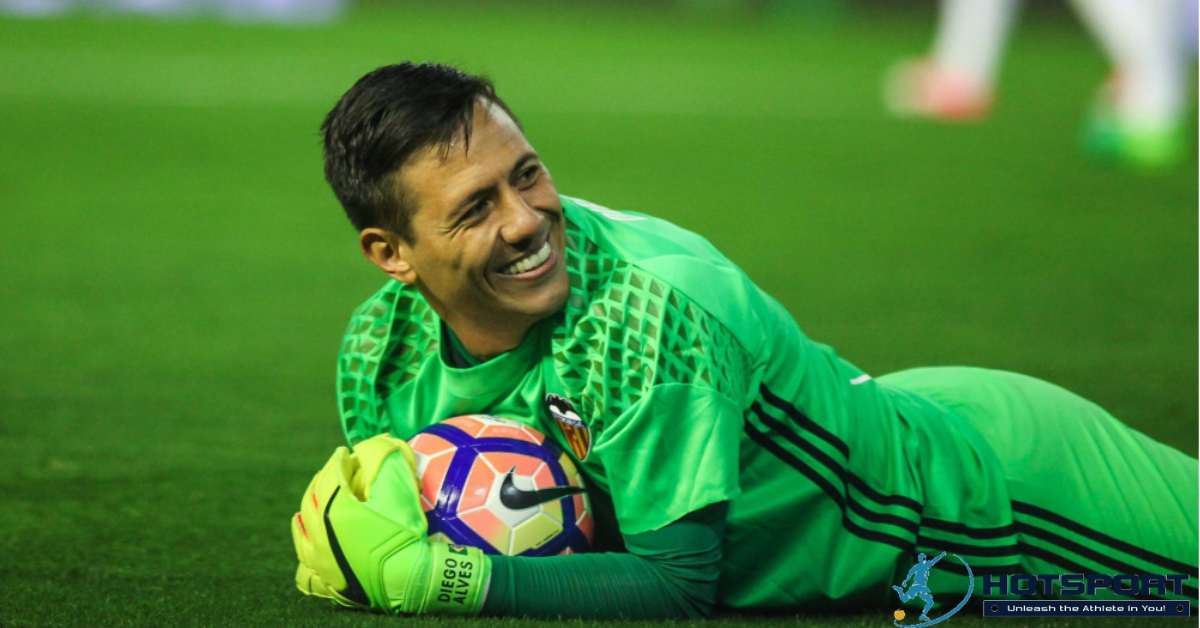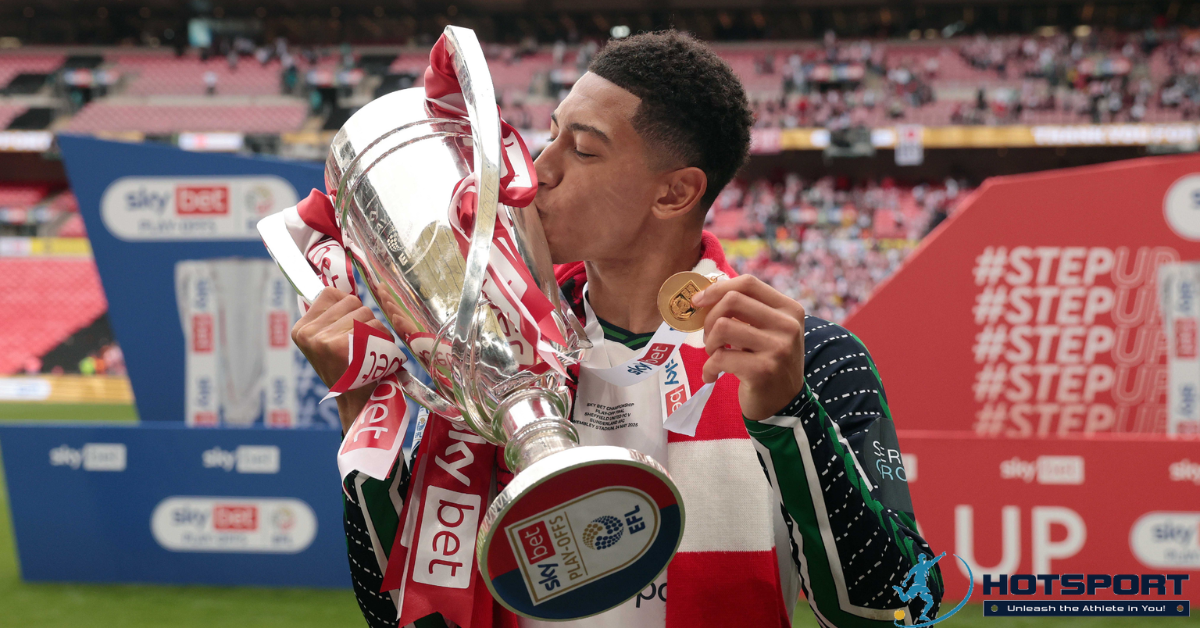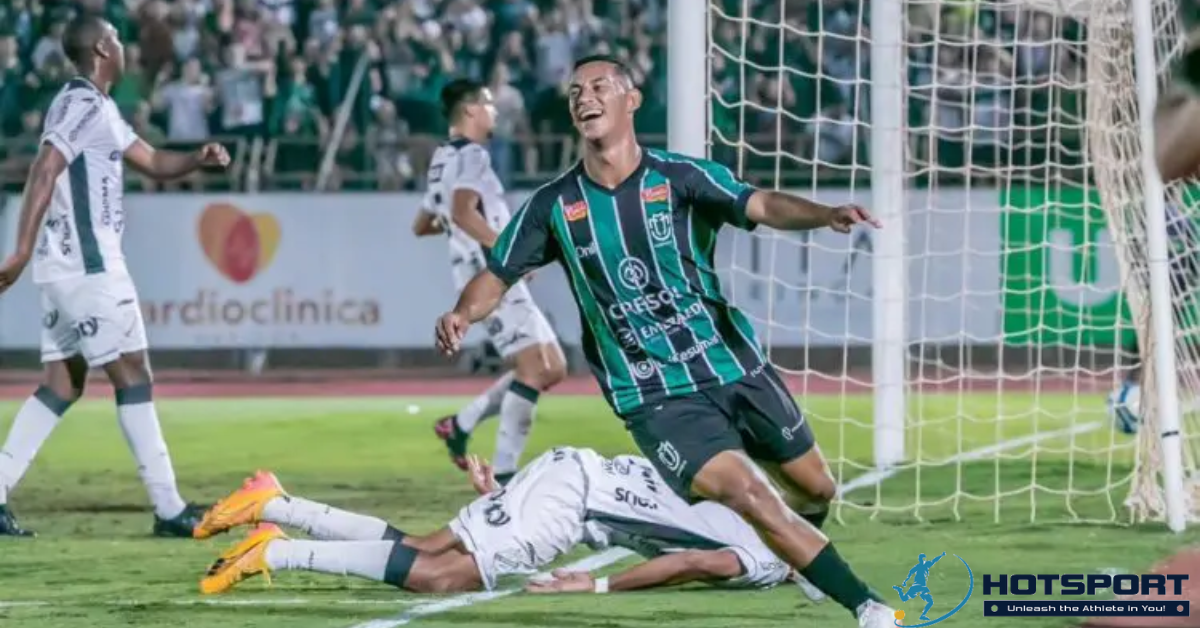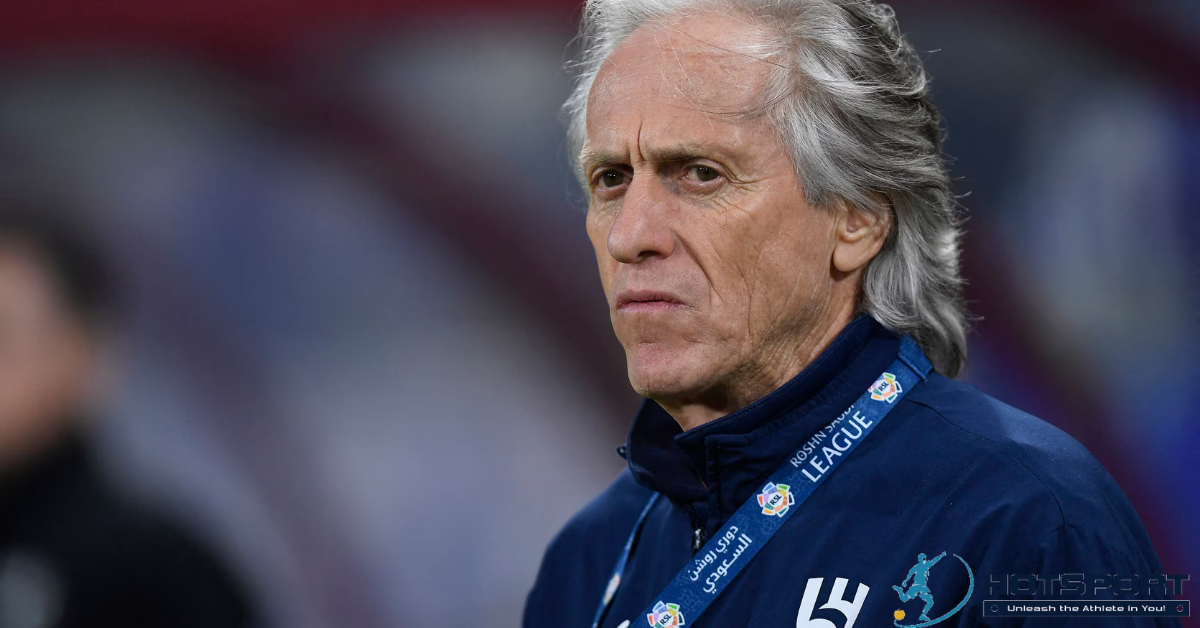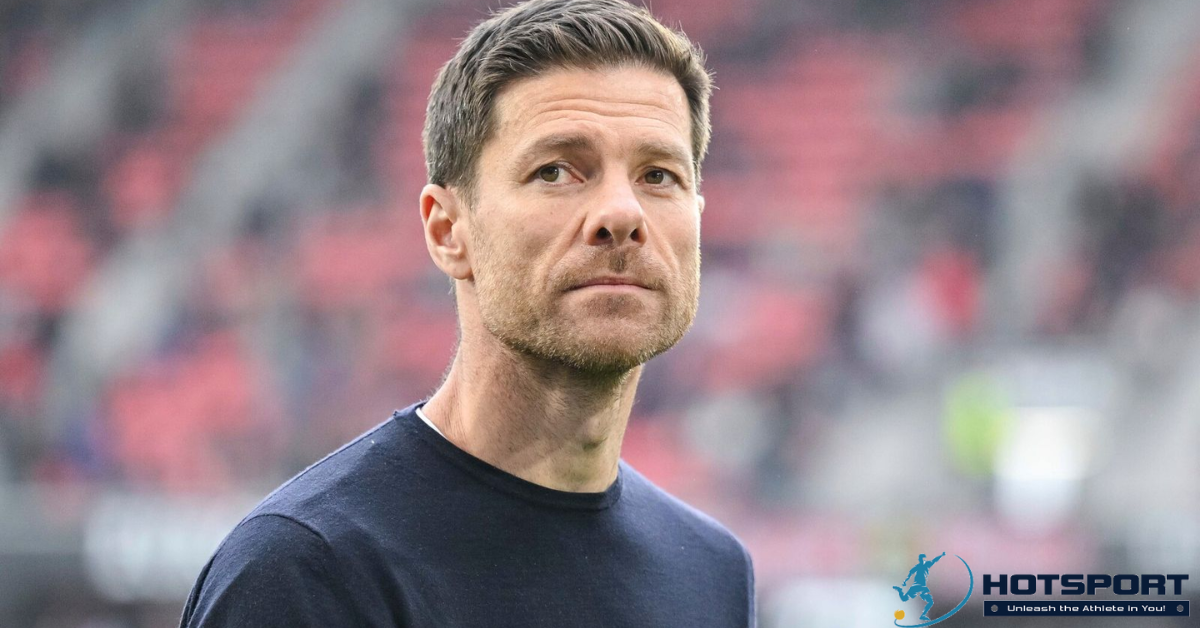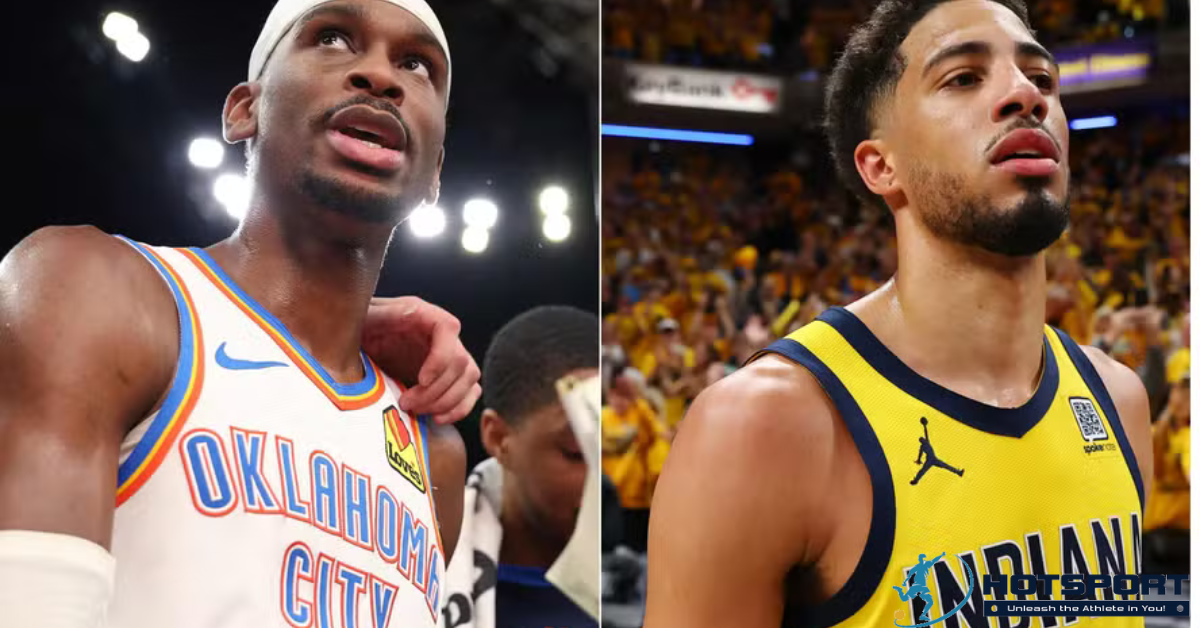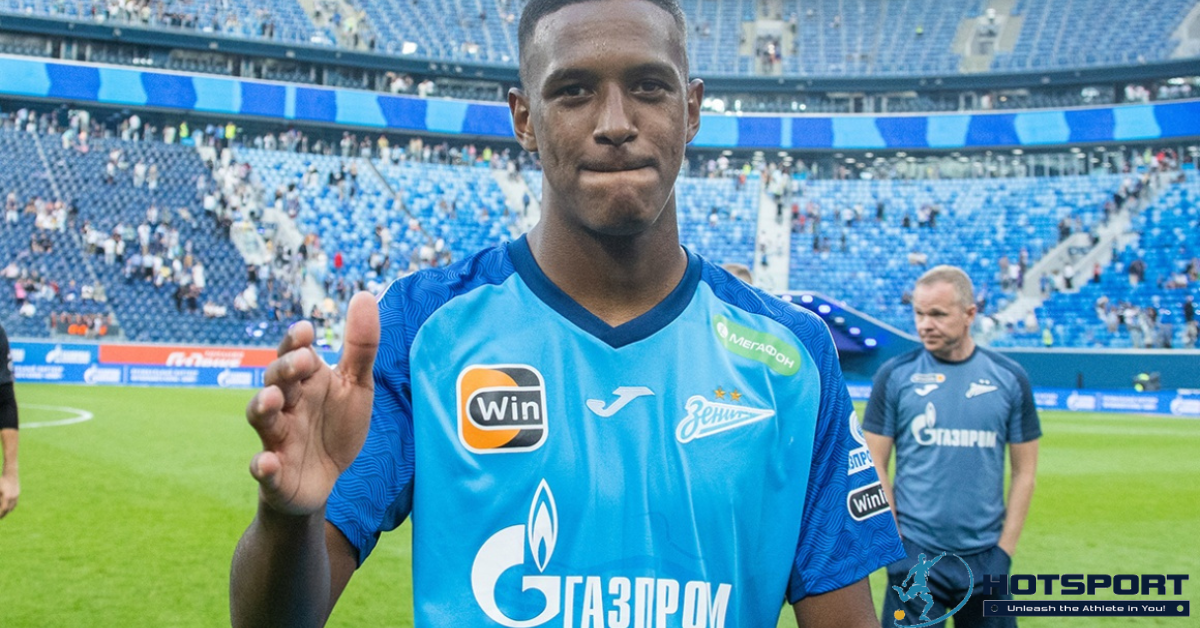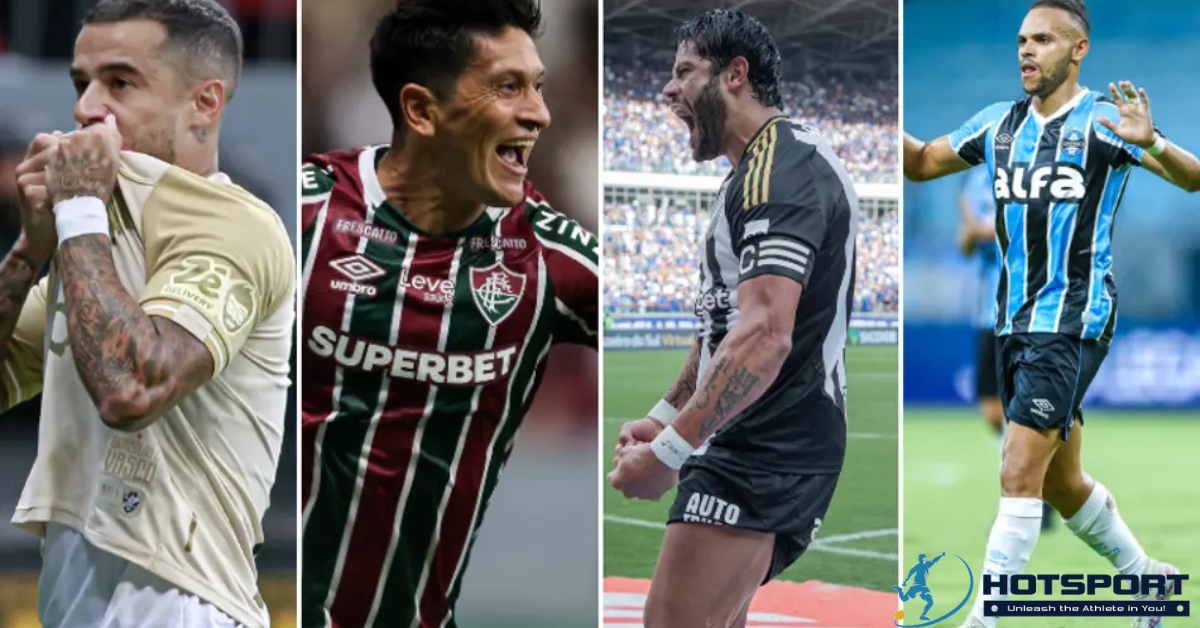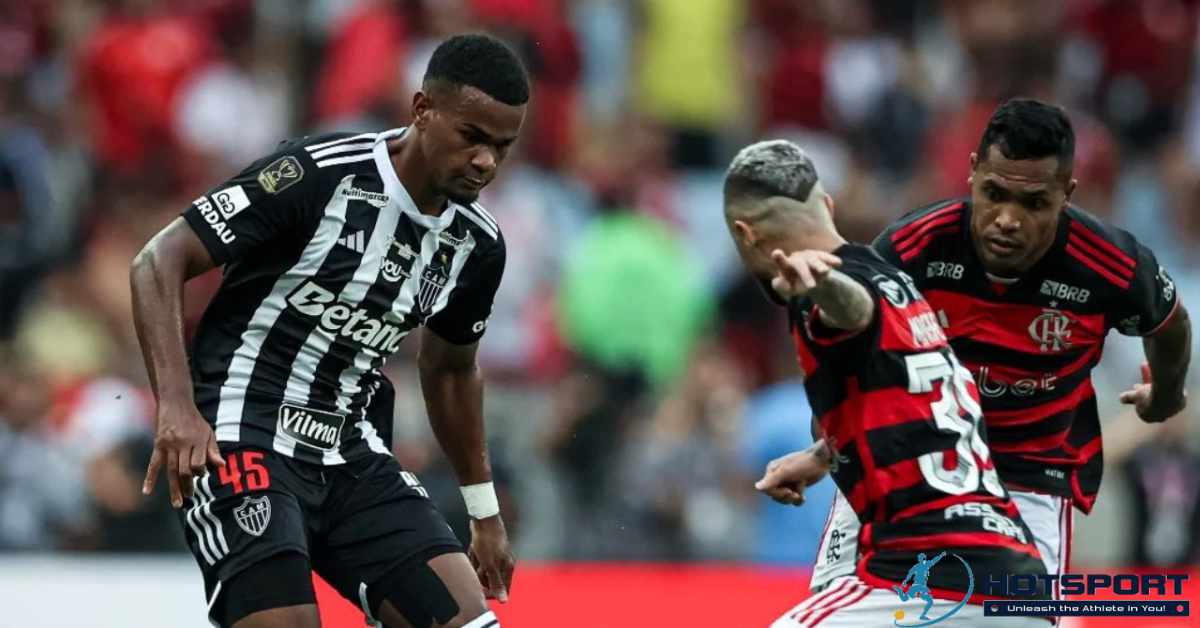Savinho: The Journey of a Brazilian Star
Sávio Moreira de Oliveira, better known as Savinho, is a young Brazilian football talent who has taken the world by storm with his skill, speed, and vision on the pitch. Born on April 10, 2004, in São Mateus, Espírito Santo, Savinho embodies resilience, dedication, and a deep passion for the sport. His journey, which began on a farm in rural Brazil, has led him to the pitches of the Premier League with Manchester City and the Brazilian national team. This article explores Savinho’s life, career, and impact on football, highlighting his meteoric rise and potential to become one of the greatest players of his generation.
Childhood and Early Football Career
Humble Beginnings in São Mateus
Savinho was born in São Mateus, a small coastal town in Espírito Santo, Brazil. Raised on his family’s farm, he spent his early years in a rural setting, helping with daily chores like milking cows. This simple upbringing shaped his character, instilling values of hard work and resilience. In an interview, Savinho fondly recalls this phase: “Life on the farm was peaceful. I helped with the cows, produced milk, and took part in rodeos. It was a simple but happy life.”
His passion for football emerged early. In Duque de Caxias, Rio de Janeiro, where his family also had roots, Savinho began playing street football and on local pitches. Football was more than a pastime; it was a way to dream of a better future. His parents, Elinilma Pereira and Eder Santos, always supported his education and love for the sport, ensuring he balanced school with training.
Discovery by Atlético Mineiro
At age 10, Savinho caught the eye of scouts from Atlético Mineiro, one of Brazil’s biggest clubs. His ball control and speed impressed, and he was invited to join the club’s youth academy. Moving to Belo Horizonte was a significant step, especially for such a young boy. His mother, Elinilma, accompanied him during this transition, providing emotional support as he adapted to his new life. “I went alone at first, but then my mom came with me and stayed until I turned 18,” Savinho recalls.
At Atlético Mineiro, Savinho quickly stood out in the youth ranks. His dribbling ability, game vision, and goal-scoring prowess made him a standout prospect. He became known for his precision in free kicks, a skill reminiscent of idols like Rivaldo and David Beckham.
Rise at Atlético Mineiro
Professional Debut at 16
Savinho signed his first professional contract with Atlético Mineiro on June 18, 2020, at age 16, with a €60 million release clause, reflecting the club’s confidence in his potential. Just two months later, on August 19, 2020, he made his senior debut in a thrilling 4-3 victory against Atlético Goianiense in the Brazilian Championship. Coming on as a substitute in the final minutes, Savinho displayed composure and left a positive first impression.
In 2021, Savinho was part of the Atlético Mineiro squad that won a domestic treble: the Brazilian Championship, Copa do Brasil, and Campeonato Mineiro. Although his playing time was limited as a young player, his presence in the senior squad marked a significant milestone. Training alongside established stars helped him gain experience and learn to handle the pressure of playing for a club with a massive fanbase.
First Goal and International Recognition
Savinho’s first professional goal came on May 19, 2022, in a 3-1 victory over Independiente del Valle in the Copa Libertadores at the Mineirão Stadium. At 18, he became the youngest player to score for Atlético Mineiro in the continental competition, a historic moment.
His performances drew attention from international clubs and media. In October 2021, the English newspaper The Guardian included him in its list of the 60 most promising young players born after 2004, recognizing his talent on a global scale.
Transfer to the City Football Group
Record-Breaking Deal with Manchester City
On June 30, 2022, Atlético Mineiro announced Savinho’s transfer to the City Football Group for €6.5 million, with an additional €6 million in performance bonuses. This deal was a landmark for the club, marking one of its biggest sales ever. Initially, Savinho was assigned to Troyes, a French club owned by the group, but he never played for the struggling Ligue 1 side.
Instead, Savinho was loaned to PSV in the Netherlands and Girona in Spain, both clubs linked to the City Football Group. These European experiences were crucial for his development, allowing him to adapt to high-level football outside Brazil.
Breakthrough at Girona
During the 2023/24 season, Savinho had the best spell of his career so far at Girona. The Catalan club, not considered a La Liga favorite, stunned the football world by finishing third, securing a historic Champions League qualification. Savinho was a key figure in this success, contributing 11 goals and 10 assists in 41 matches.
His dribbling ability was a standout in La Liga, where he completed 104 dribbles, the highest in the competition. Girona’s coach, Michel Sánchez, praised his game-changing ability: “Since Vinicius Jr., I haven’t seen a talent as disruptive in one-on-one situations.” Savinho’s performances earned him a spot in La Liga’s Team of the Season alongside other Girona players like Aleix Garcia.
Brazilian National Team Career
Success in Youth Teams
Savinho began shining for Brazil at the youth level. In 2019, he was a standout in the Under-15 team that won the South American Championship, scoring four goals. His performances put him on the radar for higher youth categories, and he continued to impress with the Under-16, Under-18, and Under-20 teams.
In 2023, Savinho played in the Under-20 World Cup, scoring in a 6-0 win against the Dominican Republic. Despite Brazil’s elimination in the quarterfinals by Israel, Savinho’s performances reinforced his reputation as a gem of Brazilian football.
Senior Team Debut
On March 1, 2024, Savinho received his first call-up to the Brazilian senior national team for friendlies against England and Spain. He debuted on March 23, 2024, against England at Wembley, where Brazil won 1-0. Savinho came on as a substitute and showed confidence in his first minutes.
In the 2024 Copa América, Savinho scored his first senior international goal in a 4-1 victory over Paraguay in the group stage. In that match, he also won a penalty, showcasing his ability to unsettle defenses. In just five appearances for Brazil, he has one goal, one assist, and 11 successful dribbles, with an average Sofascore rating of 7.02.
Manchester City: A New Chapter
Joining the Dream Club
On July 18, 2024, Savinho signed a five-year contract with Manchester City in a transfer valued at £30.8 million. He described the moment as “a dream come true” and praised coach Pep Guardiola, calling him “one of the best managers of all time.”
His debut for Manchester City came on August 10, 2024, in the Community Shield, a penalty shootout victory over Manchester United. Despite a minor injury in his Premier League debut against Chelsea on August 18, Savinho quickly recovered and began to make his mark.
First Goals and Impact
Savinho scored his first goal for Manchester City on December 29, 2024, in a 2-0 win over Leicester City. On January 4, 2025, he shone with two assists and a shot that led to an own goal in a 4-1 victory against West Ham. His first Champions League goal came on January 29, 2025, as a substitute in a 3-1 win over Club Brugge, securing City’s place in the competition’s playoffs.
At just 21, Savinho has posted impressive numbers in the 2024/25 season, with three assists, 13 key passes, and 14 successful dribbles in seven starts, according to Sofascore. His versatility, playing on both the right and left wings, and his ability to create chances make him a valuable asset in Guardiola’s squad.
Playing Style and Inspirations
A Dynamic Winger
Savinho is a left-footed right winger who loves to cut inside and use his speed and skill to beat defenders. His ability to create chances with precise passes and crosses makes him a complete player. He excels in one-on-one situations, as noted by his former Girona coach. Inspired by former Manchester City star Riyad Mahrez, Savinho combines technique, creativity, and the joy of Brazilian football.
Among his idols, Savinho cites Ronaldinho, Ronaldo Nazário, and Real Madrid’s Rodrygo. “Ronaldinho was incredibly skillful with the ball. Ronaldo Nazário was more of a goalscorer but also a genius. My current idol is Rodrygo,” he said in an interview with La Liga World.
Off-Field Impact
Off the pitch, Savinho leads a low-key life, but his rise has brought significant financial opportunities. His net worth is estimated at around $20 million, including his salary, bonuses, and sponsorship deals with brands like Nike, Adidas, and Red Bull. He also invests in real estate and startups, showing a forward-thinking mindset.
Savinho remains close to his family, particularly his mother, Elinilma, whom he calls “his greatest inspiration.” He is also involved in social causes, supporting projects in his hometown of São Mateus to help underprivileged youths pursue their football dreams.
Savinho’s Future
At 21, Savinho has already achieved remarkable feats: domestic titles with Atlético Mineiro, a standout season with Girona in La Liga, and a place in Brazil’s senior national team. At Manchester City, he has the chance to play alongside stars like Erling Haaland and Kevin De Bruyne under Pep Guardiola, which could propel him to new heights.
His dribbling, chance creation, and goal-scoring ability position him as one of the world’s most promising young players. If he continues on this trajectory, Savinho has the potential to follow in the footsteps of Brazilian legends like Pelé, Ronaldinho, and Ronaldo, leaving his mark on football history.
Conclusion
Savinho is more than a talented footballer; he is a symbol of resilience and determination. From a farm in São Mateus to the spotlight of the Premier League, his journey inspires young players across Brazil. With his skill, charisma, and passion for the game, Savinho is just beginning to write his story. The football world eagerly awaits to see how far this Brazilian star can go.



